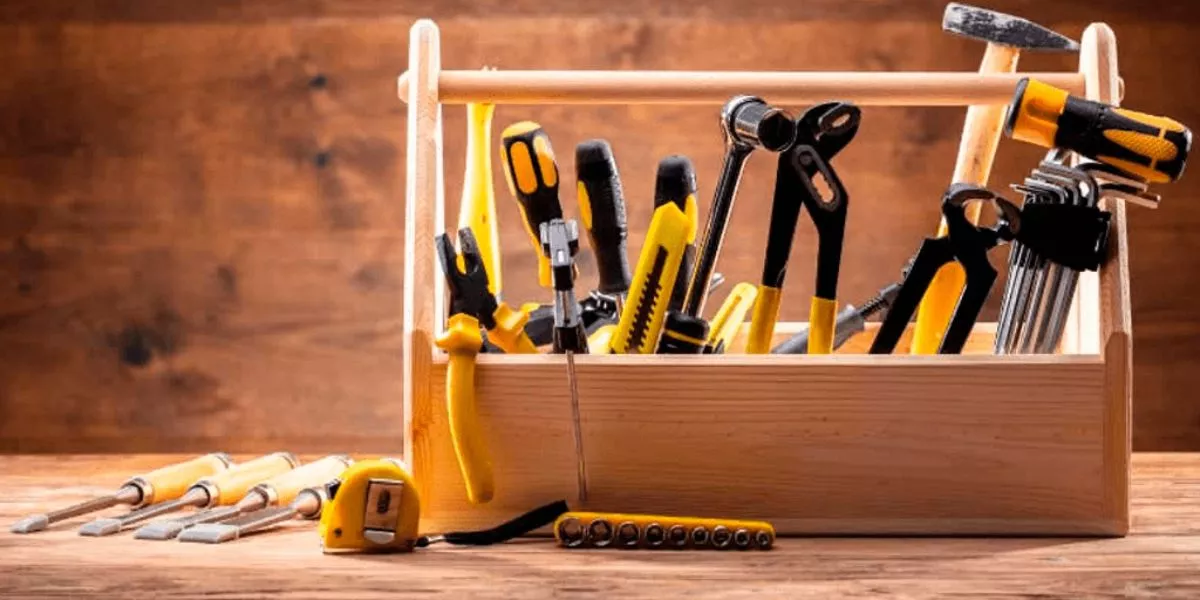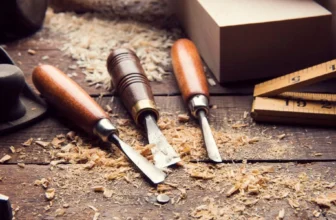
When it comes to woodworking, choosing the right essential hand tools can make all the difference in your projects. You'll need to assess your specific needs and skill level to find the best fit. Whether you're a beginner or looking to expand your collection, understanding which tools are truly essential is key. So, what should you prioritize to ensure success in your woodworking endeavors? Let's explore the fundamentals together.
Understanding Your Woodworking Needs
What do you want to create in your woodworking projects? Understanding your specific needs is crucial.
Are you planning to build furniture, cabinetry, or decorative items? Each project requires different techniques and, consequently, different tools.
Think about the materials you'll use—hardwoods, softwoods, or plywood—as this influences the tools you'll need. You should also consider your skill level and how often you'll be using these tools.
If you're a beginner, focus on versatile tools that can handle a variety of tasks. As you gain experience, you can invest in more specialized equipment.
Essential Hand Tools for Beginners
Starting your woodworking journey doesn't have to be overwhelming—just a few essential hand tools can set you on the right path.
First, get a good quality hand saw; it's perfect for making straight cuts. A chisel set is also crucial, allowing you to shape and refine wood with precision.
You'll need a reliable hammer for driving nails and a tape measure to ensure your dimensions are spot on. Don't forget a square to check your angles and a block plane for smoothing edges.
Finally, invest in a sturdy workbench to provide a solid surface for your projects.
With these basics, you'll have the foundation you need to start crafting beautiful wooden pieces. Happy woodworking!
Quality vs. Price: Making the Right Choice
When you're diving into woodworking, balancing quality and price can be tricky, but it's essential for your success. You want tools that'll perform well and last, yet you don't want to break the bank.
Start by identifying the tools you'll use most often. Investing in high-quality versions of these essentials can save you money in the long run, as they'll require fewer replacements.
However, if you're just starting, consider mid-range options. They often provide decent performance without the hefty price tag.
Remember, a good tool feels right in your hand and helps you work efficiently.
Ultimately, choose wisely—prioritize quality for tools that matter most, while being strategic about where you can compromise on price.
Maintenance Tips for Longevity of Tools
To ensure your woodworking tools last as long as possible, regular maintenance is key.
Start by cleaning your tools after each use to remove dust, debris, and moisture. Use a soft cloth and appropriate cleaners to keep surfaces free of rust and grime.
Sharpen blades and bits regularly to maintain cutting efficiency; a sharp tool isn't only safer but also more effective.
Store tools properly in a dry place, using protective cases or racks to prevent damage.
Periodically check for loose parts, and tighten them as needed to avoid accidents.
Lastly, apply a light coat of oil to metal surfaces to protect against corrosion.
With these simple steps, you'll extend the life of your essential woodworking tools.
Conclusion
Choosing the right essential hand tools for woodworking doesn't have to be overwhelming. Start by understanding your specific needs and select versatile tools that fit your skill level. Remember to balance quality and price, investing in key items while opting for mid-range tools for less critical tasks. With proper maintenance, your tools will last longer and serve you well as you grow in your woodworking journey. So, gear up and enjoy the craft!




